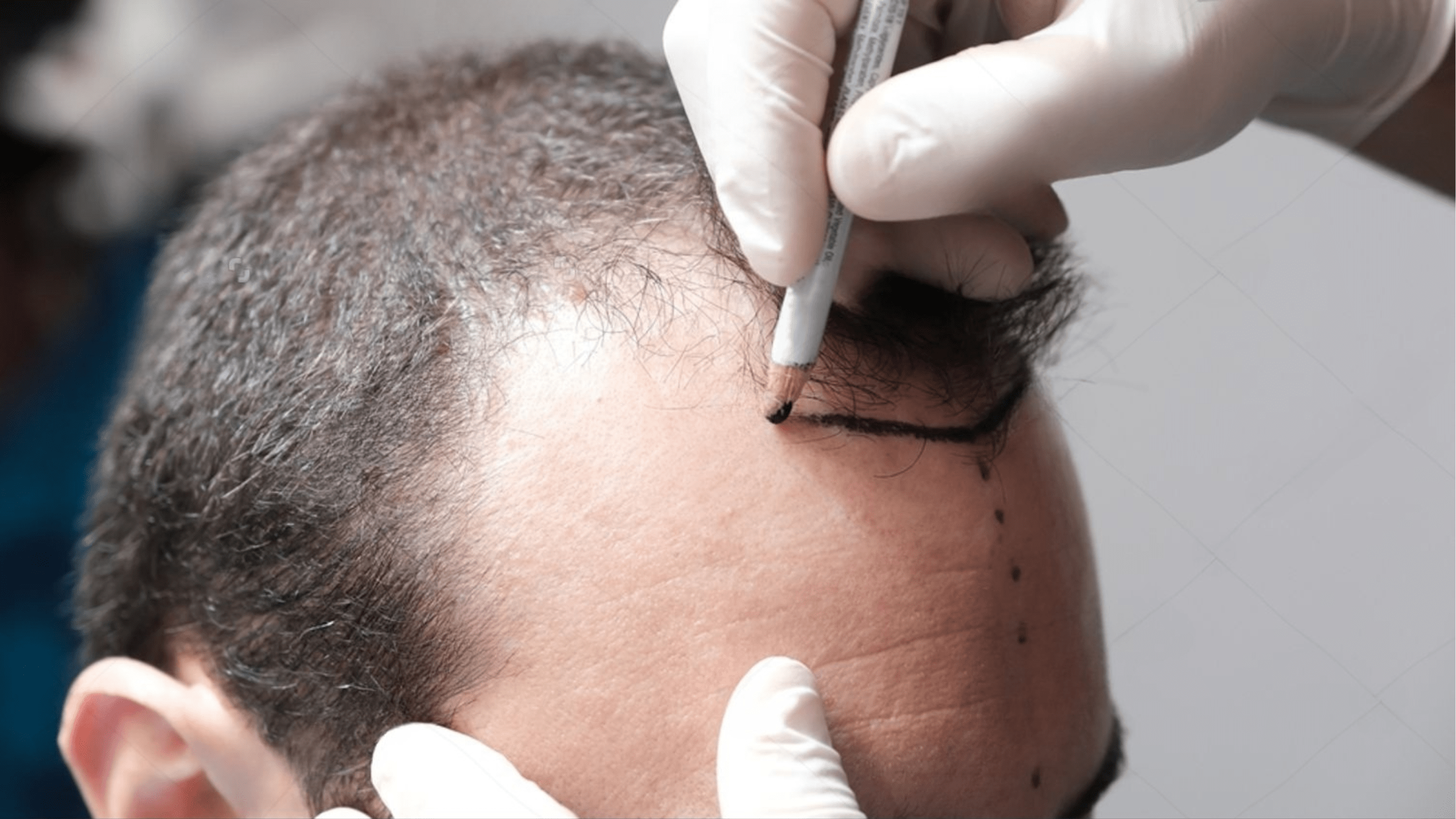

Sudden hair loss, particularly severe hair loss, can be a distressing experience for anyone. It often leaves us questioning the underlying causes and desperately seeking solutions. While genetics play a significant role in hair loss, lifestyle factors can also be a contributing factor to sudden and rapid hair loss. In this blog, we will delve into the reasons behind sudden hair loss, explore ways to address it, and discuss the role of vitamin deficiencies, specifically low B12 and vitamin D, in this process.
Sudden hair loss can be attributed to various factors, including:
High stress levels can lead to a condition known as Telogen Effluvium, where a large number of hair follicles enter the resting phase prematurely, causing significant hair shedding. Managing stress through relaxation techniques and mindfulness can help mitigate this.
Poor nutrition, crash diets, or restrictive eating can deprive your body of essential nutrients required for hair growth. In adequate protein intake, for example, can lead to hair loss.
Hormonal fluctuations, such as those experienced during pregnancy, menopause, or thyroid disorders, can trigger hair loss. Balancing hormones through medical intervention may help alleviate this issue.
Certain medications, like chemotherapy drugs, blood thinners, and antidepressants, can lead to hair loss as a side effect. Consulting your healthcare provider for alternative medications or hair loss treatments is crucial.
Excessive use of heated styling tools, tight hairstyles (like braids or ponytails), or chemical treatments can damage hair and cause it to break or fall out.
Infections of the scalp, skin conditions like psoriasis, and autoimmune diseases like alopecia areata can result in sudden hair loss. Treating the underlying condition is essential to regrow hair.
Yes, hair loss can indeed occur suddenly. It’s important to understand that hair goes through growth cycles, including a growth phase (anagen), a resting phase (telogen), and a shedding phase (catagen). Various triggers, such as those mentioned above, can disrupt this cycle, causing more hair to enter the shedding phase and leading to sudden hair loss.
Addressing sudden hair loss requires a multifaceted approach:
1. Identify the Underlying Cause: The first step is identifying the root cause of your hair loss. Consult a dermatologist or healthcare professional to determine whether it’s stress, hormonal imbalance, nutritional deficiencies, or another factor.
2. Stress Management: If stress is a contributing factor, practice stress reduction techniques such as meditation, yoga, or deep breathing exercises to alleviate its impact on your hair.
3. Balanced Diet: Ensure you’re consuming a well-balanced diet rich in essential nutrients for hair growth. Incorporate foods high in protein, vitamins (A, C, E), and minerals like zinc and iron.
4. Supplements: In cases of specific nutrient deficiencies, your healthcare provider may recommend supplements. Low B12 and vitamin D levels, in particular, can contribute to hair loss, as discussed below.
Low vitamin levels, including low B12 and vitamin D, are known to contribute to hair loss:
Vitamin B12 is essential for hair growth, and a deficiency can lead to hair loss and thinning. B12 is typically found in animal-based foods like meat, fish, and dairy. If you have a vitamin B12 deficiency, your doctor may prescribe supplements or recommend dietary changes to correct it.
Vitamin D is crucial for hair follicle health, and its deficiency can also lead to hair loss. Some individuals may have deficiencies in both vitamin D and B12 simultaneously. Addressing these deficiencies through supplements and dietary adjustments can potentially improve hair growth.
Sudden and severe hair loss can be a troubling experience, but understanding the potential lifestyle factors contributing to it is the first step toward addressing
the issue. Stress management, a balanced diet, and identifying and correcting specific deficiencies like low B12 and vitamin D can help mitigate hair loss. Additionally, exploring advanced treatments like growth factor therapy, under the guidance of a healthcare professional or dermatologist, can provide a powerful boost to hair restoration efforts. Remember, consulting a healthcare professional or dermatologist is crucial for an accurate diagnosis and personalized treatment plan. By taking the right steps, you can regain control over your hair health and potentially restore your luscious locks.


ZEEVA © 2024